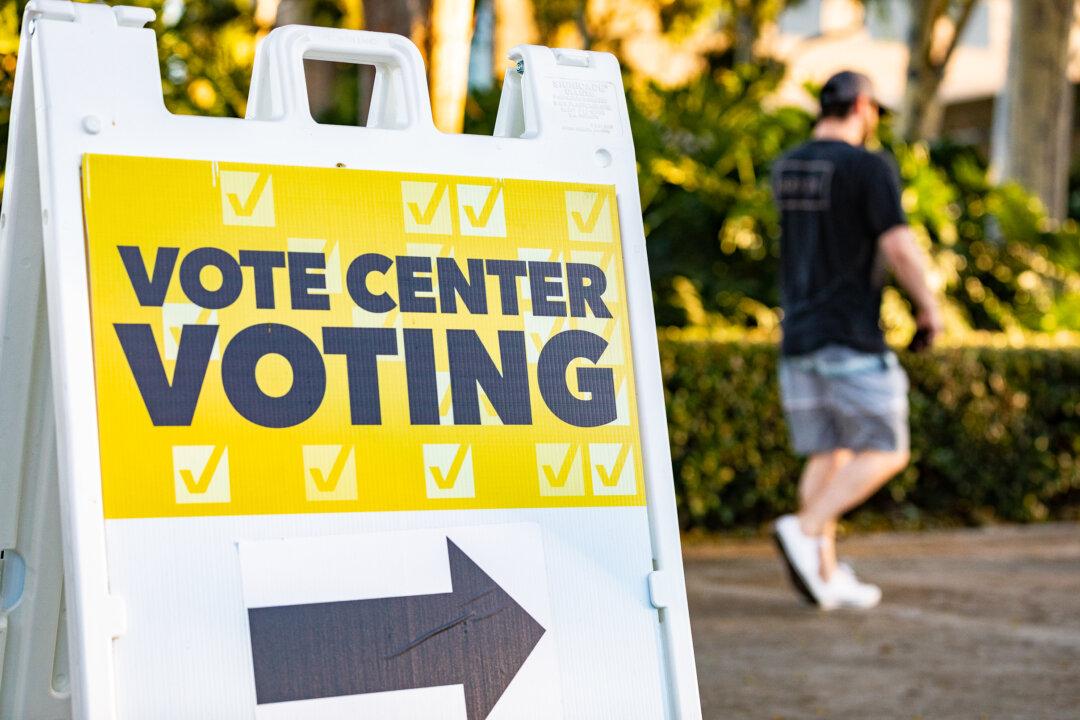Huntington Beach is being warned of possible legal action by California’s top law enforcement and election law officials against the city’s proposed charter amendments that, in part, would require voter ID for future city elections.
Attorney General Rob Bonta and Secretary of State Shirley Weber, who is the state’s chief elections official, argued in a Sept. 28 letter to the council that the city’s proposed changes suppress voters from participating in local elections.





